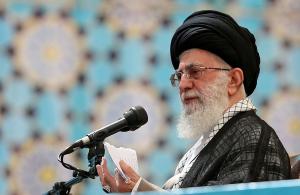The 3D View of Iran: Viable Military Option a Must in Nuclear Deal
If anyone understands the Iranian mullahs’ mindset better than most, it is Alireza Jafarzadeh. If anyone misunderstands that mindset better than most, it is President Obama.
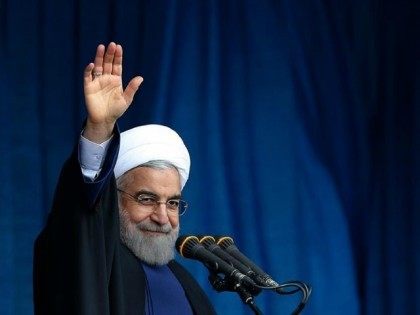
If anyone understands the Iranian mullahs’ mindset better than most, it is Alireza Jafarzadeh. If anyone misunderstands that mindset better than most, it is President Obama.

Washington Post bureau chief Jason Rezaian has been languishing in an Iranian prison cell for nearly nine months, with only the most cursory access to legal counsel. The newspaper reports today that Rezaian is having significant problems being allowed to speak to his attorney, and will remain in prison until his trial begins for “espionage.”
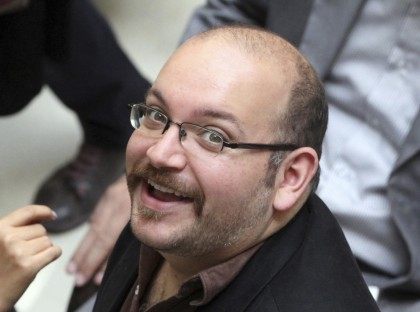
As the June 30 deadline for a final nuclear deal with Iran approaches, almost 30 U.S. states, including California are keeping tight grips on their own sanctions on the Iranian regime–separate from those imposed by the federal government.
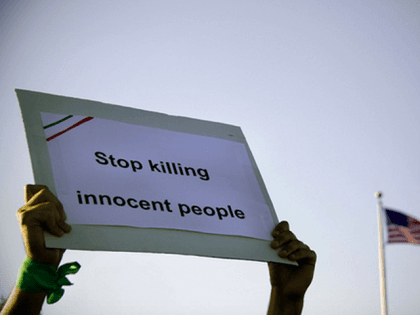
MIT economist and Obamacare architect Jonathan Gruber acknowledged President Obama depended upon “the stupidity of the American voter” to push through his agenda. The specter of a less-than-honest sales job to promote the Obama agenda raises its head again as the President touts a nuclear deal with Iran.
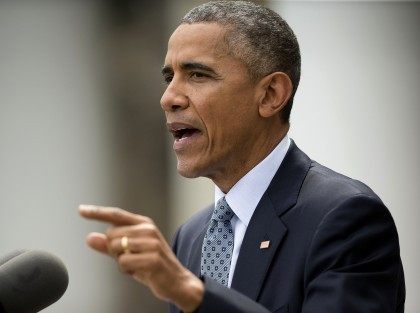
President Barack Obama has granted an interview to National Public Radio in an attempt to sell the Iran “framework” to a skeptical public. In the process, he compares the agreement to a real-estate deal–a poor analogy for a man who called his own last property purchase deal “boneheaded” after involving indicted (now convicted) bag Chicago man Tony Rezko. Obama also provided at least five big reasons that Congress–whose opposition is growing–should reject the Iran deal.
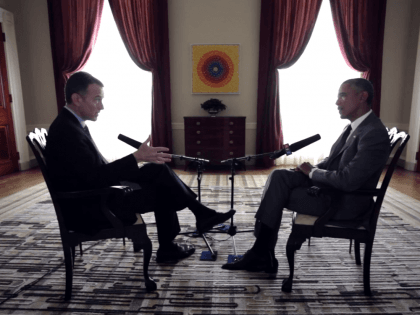
On Monday, Israel listed requirements that should be implemented as part of any nuclear deal the West makes with Iran. Yuval Steinitz, Israel’s minister of intelligence and strategic affairs, suggested additions to the deal that would make it “more reasonable.”
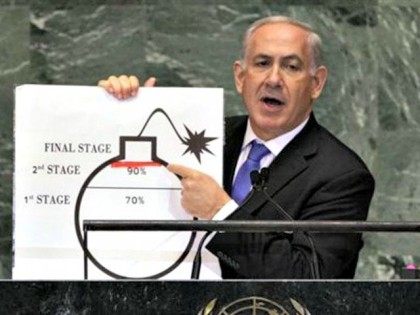
The Washington Post is dismissing President Obama’s announcement of a “historic understanding” with Iran yesterday, a deal which violates promises the administration made in 2012.
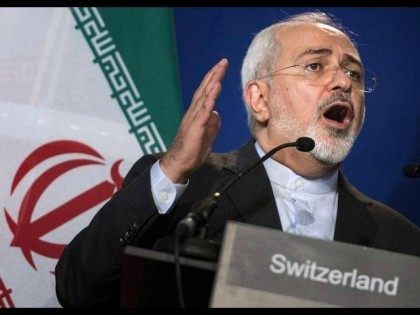
About an hour after the announcement that the P5+1 had reached a framework of an agreement for a new nuclear deal with Iran, the Iranian Foreign Minister took issue with how the United States was explaining the proposal.

John Kerry’s negotiation struggles, in photos.
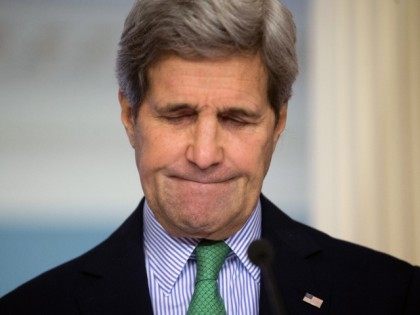
Different sources have provided a variety of opinions on the status of Iranian nuclear negotiations over the past twenty-four hours.
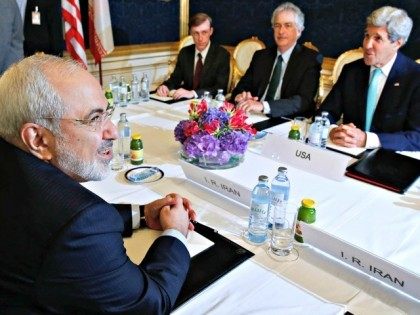
Negotiations toward a nuclear deal between Iran and the P+5 nations (the five permanent members of the UN Security Council, plus Germany) will continue through June, according to reports from Lausanne, Switzerland on Tuesday. The announcement was made to satisfy the self-imposed deadline of March 31 for a provisional agreement, with “technical” details to be agreed by July 1. However, major differences appear to have been redefined as “technical” to keep talks going.
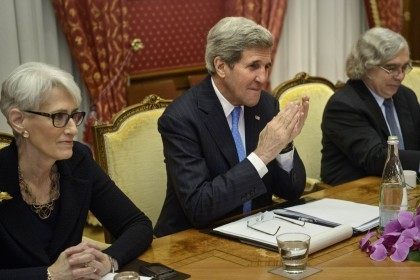
A piece on the Iran nuclear deal published at the Huffington Post cites the IAEA inspection regime that is already in place as a sign of the forthcoming deal’s success, but what the IAEA really wants is the implementation of the so-called “additional protocol,” which amounts to snap inspections.
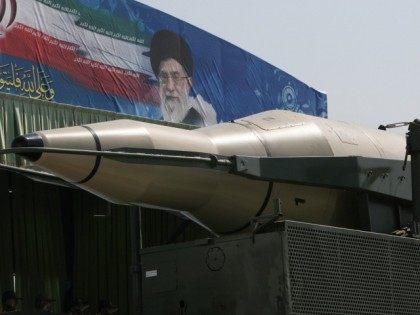
With news of a “provisional” nuclear agreement reached in Switzerland between Iran and the P5+1 powers this weekend, House Foreign Affairs Committee Chair Rep. Ed Royce (R-CA) appeared on ABC News’ This Week on Sunday where he said the failure of the Obama Administration to negotiate a reasonable deal with the Iranian regime has been a direct factor in raising the likelihood that the United States will need to use military force against Iran.
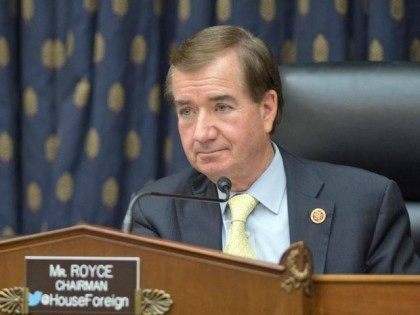
WASHINGTON, DC — Iran’s presence in Latin America and its growing influence in the region are causing consternation among senior lawmakers and top U.S. military officials.
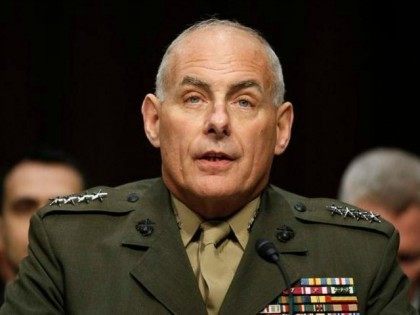
The Wall Street Journal reports that the Obama administration’s “revisions” to the Iranian nuclear deal include abandoning crucial demands for U.N. inspection of suspected weapons sites that Iran has been resisting for years, even during the toughest of economic sanctions.
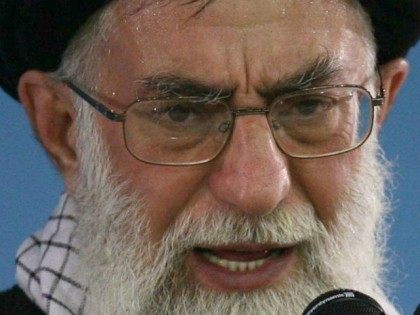
White House spokesman Josh Earnest said on Tuesday that the chances of securing a nuclear deal with Iran are currently 50/50 “at best,” as the P5+1 negotiators have until March 31 to agree to a basic framework, and then July 1 to sign off on a complete deal.
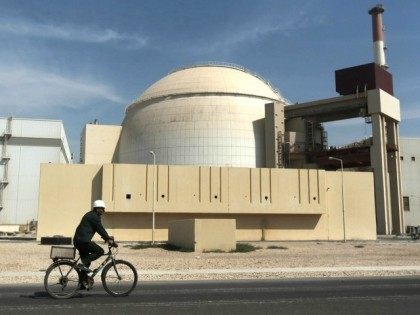
The United States has spent millions of taxpayer dollars over more than a decade to build top-secret replicas of Iran nuclear sites at a secret location in the U.S., reports the Los Angeles Times.
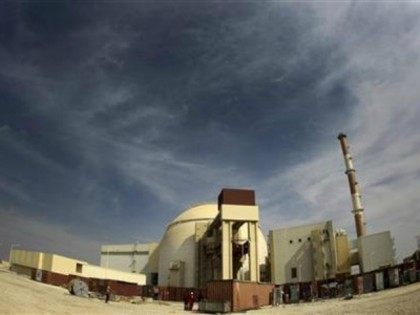
Even Politico, a reliably leftist media outlet that has done its best to support Barack Obama from pillar to post, is now tacitly acknowledging that hard-line Senator Tom Cotton has won his battle with the administration over the letter he authored to Iran that was signed by 46 other GOP senators.
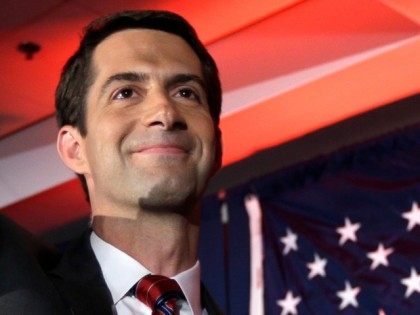
The purported deal would offer the U.S. only 20% of what it wants, and would seem to confirm reports from Israeli sources last week that Iran will receive 80% of what it wants. Once, the U.S. had agreed that a bad deal would be worse than none.
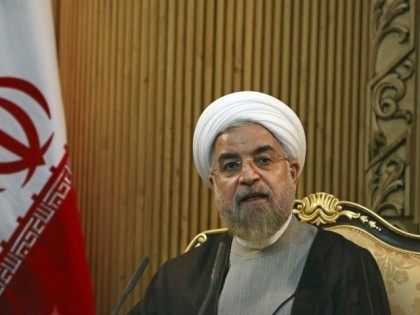
Iran has denied reports that it reached an agreement with the United States to reduce its ability to make nuclear weapons.

In an interview with National Public Radio published Monday, President Barack Obama offered Iran the prospect of becoming a “regional power” in exchange for a nuclear deal.
